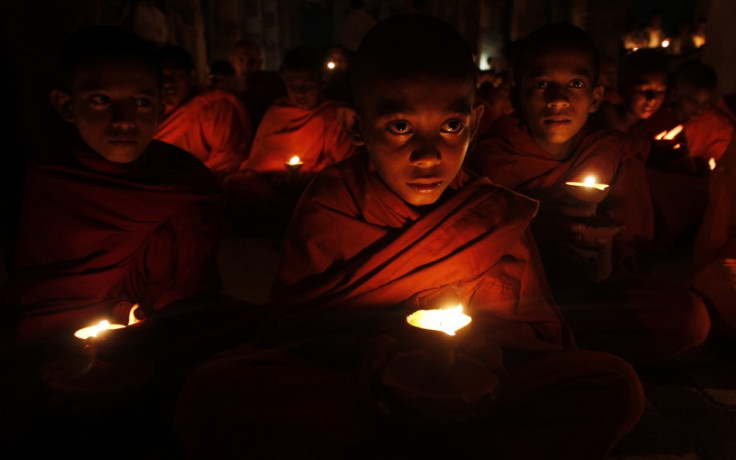Sri Lanka Killing Fields: Amnesty Warns Government LLC Inquiry is ‘Flawed’

As controversy is still surrounding the war crimes committed during the Sri Lanka civil war in which between 10,000 and 20,000 civilians were killed in the final months of the conflict continues, Amnesty International said a national inquiry has failed so far to investigate war crimes by both the army and Tamil rebels.
Pushing for Sri Lanka to confront its past, the human rights group called on the United Nations to establish an international investigation into the killings that took place at the end of 2009 conflict.
Following international pressure, President Mahinda Rajapaksa set up a national commission, The Lessons Learnt and Reconciliation Commission (LLRC), which has investigated allegations of serious violations, by both camps, including allegations that the army shelled civilian areas and that the Liberation Tigers of Tamil Eelam (LTTE) used human shields. However groups like Amnesty and other human rights organisation refused to present evidence to the LLRC insisting the inquiry lacked credibility and did not have a witness protection system.
As the LLRC's report is due in November, Amnesty is warning that the official inquiry has failed to recommend any prosecutions and is "fundamentally flawed".
"This was a particularly bloody final phase, tens of thousands of people were killed and injured," Saman Zarifi, director of Amnesty's Asia Programme, told a news briefing.
"Amnesty International's own investigation suggests that at least 10,000 and quite likely around 20,000 -- and there are credible allegations that it could have been as high as 40,000 people -- were killed in those final phases when around 300,000 civilians were trapped between the Tamil Tigers who were effectively using them as human shields and the Sri Lanka government which launched massive aerial bombardments and artillery shelling in an increasingly small area," he said.
"We did not put this report out in order to ambush the Sri Lankan government in any sense. We did it before the final report of the LLRC came out because we're trying to help the process. We want the LLRC and Sri Lankan government to take their responsibility very seriously, there has to be accountability for both sides of the conflict," Zarifi said.
"For the people of Sri Lanka, especially for the Tamil community, it is also important to look at what the Tamil Tigers did, not simply what the government did, mostly to the Tamil community. That can only come from a neutral independent inquiry," he said.
Expressing its discontentment at the government's handling of the aftermath of the conflict, Amnesty, says in its report that it is very unlikely the "latest in a long line of failed domestic mechanisms" would provide victims of war crimes and crimes against humanity committed by both sides any sense of justice or even reparations.
"This is typical behaviour by the Sri Lankan government to set up a fig leaf inquiry to provide absolutely no accountability once the pressure that led to the establishment of the inquiry wears off," Zarifi said.
"The decisions to launch attacks and to shell the no-fire-zones, the civilian areas, in the final stages of the war, came all the way from the very top of the Sri Lanka government."
Questioned about the possibility of senior Sri Lankan officials being indicted by the U.N. war crimes court in The Hague, he said: "The government of Sri Lanka is worried and should be worried."
Last year, the UN published a report which found "credible evidence" that both sides had committed war crimes and killed thousands of civilians and Amnesty accused the government forces of shelling no-fire-zones where civilians had been told to gather, indicated vast amounts of civilians were killed in such operations.
However the Sri Lankan government still insists pro-Tigers group exaggerate the death toll. "Unfortunately Commissioners failed to ask follow-up questions of witnesses that would have allowed them to lay a foundation for a criminal inquiry," Amnesty said.
"A few witnesses named individual perpetrators, though the Commissioners did not pursue these claims," it added.
© Copyright IBTimes 2025. All rights reserved.




















